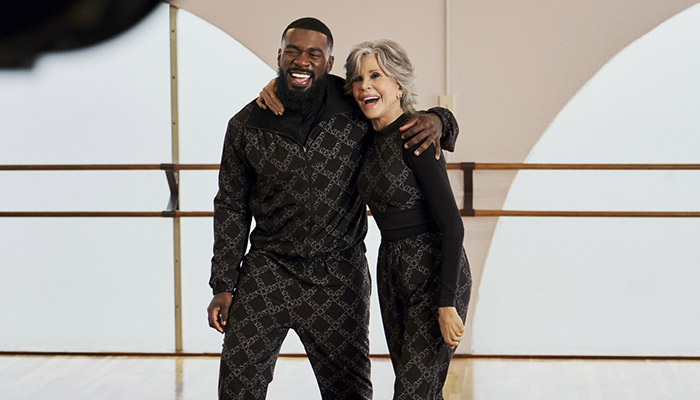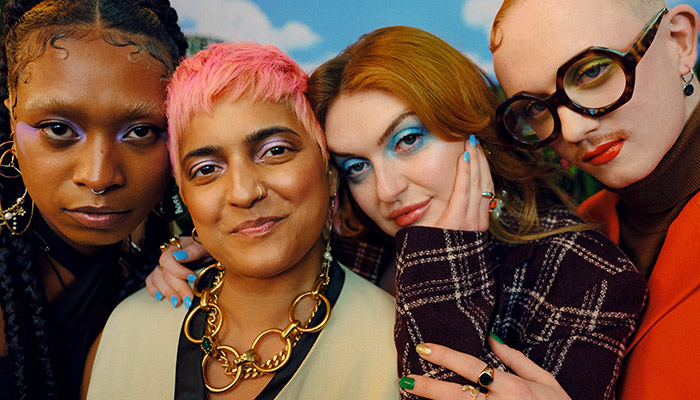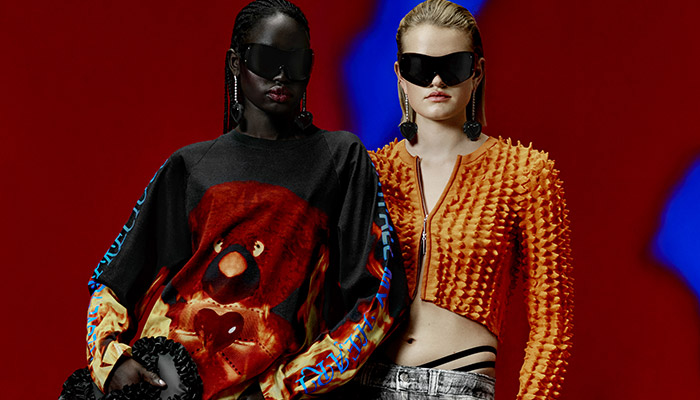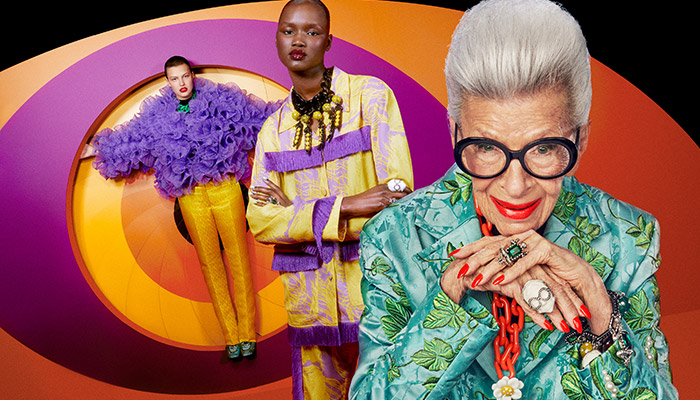- Latest
Lady Dior Travels from Paris to New York
April 3, 2025
D’heygere and Petra Collins Launch Collection
April 3, 2025
Schiaparelli Unveils Fetish-Inspired Sunglasses
April 3, 2025
Nike Presents Football-Inspired Kobe Collection
April 3, 2025
Ed Atkins Explores Digital Emotion at Tate Britain
April 3, 2025
Duran Lantink Wins 2025 Woolmark Prize
April 3, 2025
Mikey Madison Stars in Tiffany & Co. HardWear Campaign
April 3, 2025
Yuto Horigome Matcha Dunk SB Release
April 3, 2025

























